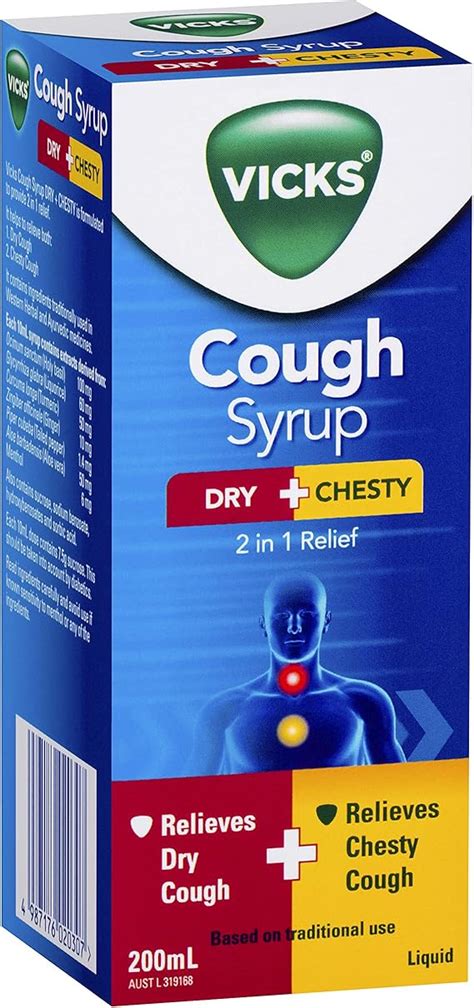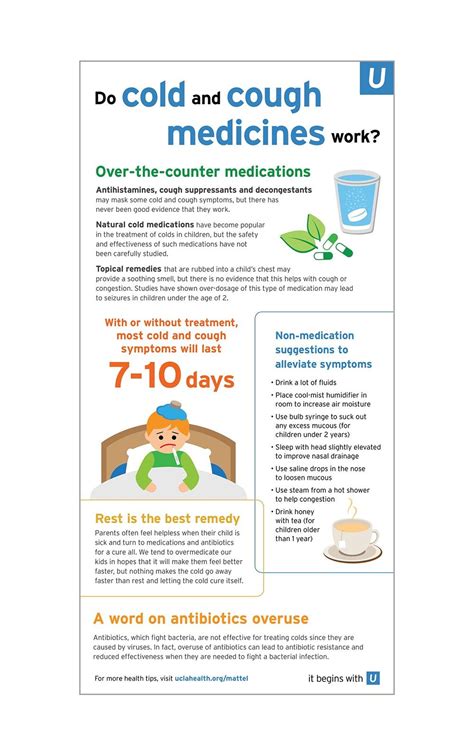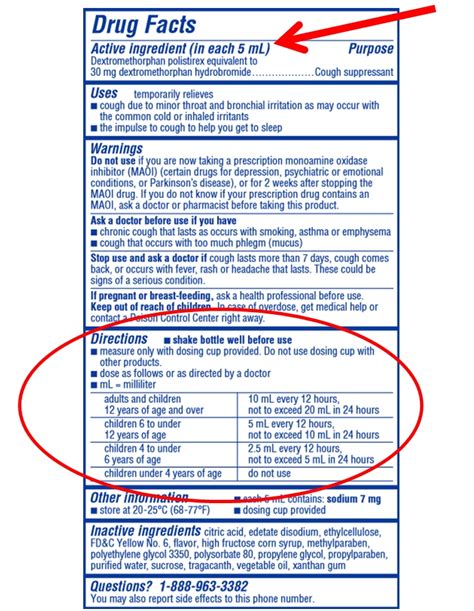Intro
Discover how cough medicine works to relieve symptoms, using expectorants, suppressants, and combination therapies to soothe sore throats and calm coughs, exploring ingredients and mechanisms.
The common cold and flu are two of the most prevalent health issues that affect people of all ages. One of the most annoying symptoms of these illnesses is a persistent cough. A cough can be dry and hacking or wet and productive, and it can disrupt daily life, making it difficult to sleep, work, or engage in social activities. Fortunately, there are many effective cough medicines available that can help alleviate this symptom and provide relief. In this article, we will explore the world of cough medicine, discussing how it works, the different types available, and what to consider when choosing the right one for your needs.
Coughing is a natural reflex that helps to clear the airways of irritants, such as dust, smoke, and mucus. However, when a cough becomes persistent and interferes with daily life, it's time to seek relief. Cough medicine can be an effective way to suppress or loosen a cough, making it easier to breathe and get on with daily activities. There are many different types of cough medicine available, including over-the-counter (OTC) medications, prescription medications, and natural remedies. Each type has its own unique benefits and drawbacks, and choosing the right one depends on the individual's specific needs and health status.
The importance of choosing the right cough medicine cannot be overstated. With so many options available, it can be overwhelming to decide which one to use. Some cough medicines are designed to suppress a cough, while others are meant to loosen and clear mucus from the airways. Some medications are suitable for children, while others are only recommended for adults. By understanding how cough medicine works and what to look for when selecting a medication, individuals can make informed decisions and find the relief they need.
How Cough Medicine Works

Cough medicine works by targeting the underlying causes of a cough. There are two main types of cough medicine: antitussives and expectorants. Antitussives, such as dextromethorphan, work by suppressing the cough reflex in the brain. They are often used to treat dry, hacking coughs and can be found in medications such as Robitussin. Expectorants, such as guaifenesin, work by thinning and loosening mucus in the airways, making it easier to cough up. They are often used to treat wet, productive coughs and can be found in medications such as Mucinex.
Types of Cough Medicine
Cough medicine comes in many different forms, including tablets, capsules, syrups, and lozenges. Some medications are designed to be taken orally, while others are meant to be sucked on or inhaled. The type of medication and its form depend on the individual's preferences and needs. For example, syrups are often preferred for children, as they are easier to swallow and can be flavored to taste good. Lozenges, on the other hand, are often preferred for adults, as they can provide quick and targeted relief.Benefits of Cough Medicine

The benefits of cough medicine are numerous. By suppressing or loosening a cough, individuals can experience relief from this annoying symptom and get on with their daily lives. Cough medicine can also help to reduce the risk of complications, such as bronchitis or pneumonia, which can develop if a cough is left untreated. Additionally, cough medicine can help to improve sleep quality, as a persistent cough can disrupt sleep patterns and make it difficult to get a good night's rest.
Steps to Choose the Right Cough Medicine
Choosing the right cough medicine involves several steps. First, it's essential to identify the type of cough and its underlying cause. Is the cough dry and hacking, or is it wet and productive? Is the cough caused by a cold, flu, or allergies? Once the type of cough and its cause are determined, individuals can begin to look for medications that target those specific needs. It's also essential to read labels carefully and follow instructions for use. Some medications may interact with other medications or have side effects, so it's crucial to be aware of these potential risks.Common Ingredients in Cough Medicine

Cough medicine often contains a combination of ingredients, each with its own unique benefits and drawbacks. Some common ingredients include:
- Dextromethorphan: an antitussive that suppresses the cough reflex
- Guaifenesin: an expectorant that thins and loosens mucus
- Acetaminophen: a pain reliever that can help to reduce fever and relieve headaches
- Ibuprofen: an anti-inflammatory that can help to reduce pain and inflammation
- Menthol: a natural ingredient that can help to numb the throat and relieve coughing
Practical Examples of Cough Medicine
Cough medicine can be found in many different forms and can be used in various ways. For example, Robitussin is a popular OTC medication that contains dextromethorphan and is designed to suppress a dry, hacking cough. Mucinex, on the other hand, is an OTC medication that contains guaifenesin and is designed to loosen and clear mucus from the airways. TheraFlu is a prescription medication that contains a combination of ingredients, including acetaminophen and dextromethorphan, and is designed to relieve multiple symptoms, including cough, fever, and headache.Natural Remedies for Cough

In addition to OTC and prescription medications, there are many natural remedies that can help to relieve a cough. Some popular options include:
- Honey: a natural sweetener that can help to soothe a sore throat and calm a cough
- Ginger: a natural anti-inflammatory that can help to reduce pain and inflammation
- Eucalyptus: a natural ingredient that can help to loosen and clear mucus from the airways
- Steam inhalation: a natural method that involves inhaling steam to help loosen and clear mucus
Statistical Data on Cough Medicine
According to the National Institutes of Health, cough is one of the most common symptoms of illness, affecting millions of people worldwide. In the United States alone, it's estimated that over 100 million people experience a cough each year. The market for cough medicine is vast, with sales of OTC cough medications reaching over $1 billion annually. Prescription cough medications also generate significant revenue, with sales of over $500 million annually.Conclusion and Final Thoughts

In conclusion, cough medicine is a vital tool for relieving the annoying symptom of a cough. By understanding how cough medicine works and what to look for when selecting a medication, individuals can make informed decisions and find the relief they need. Whether it's an OTC medication, prescription medication, or natural remedy, there are many options available to suit different needs and preferences. By taking the time to research and choose the right cough medicine, individuals can take the first step towards feeling better and getting on with their daily lives.
We hope this article has provided valuable insights and information on cough medicine. If you have any questions or comments, please don't hesitate to share them below. We'd love to hear your thoughts and experiences with cough medicine. Additionally, if you found this article helpful, please consider sharing it with others who may be struggling with a cough.
What is the best type of cough medicine for a dry, hacking cough?
+For a dry, hacking cough, an antitussive such as dextromethorphan is often recommended. This type of medication can help to suppress the cough reflex and provide relief.
Can I take cough medicine if I have a wet, productive cough?
+Yes, you can take cough medicine if you have a wet, productive cough. An expectorant such as guaifenesin can help to loosen and clear mucus from the airways, making it easier to cough up.
Are there any natural remedies that can help to relieve a cough?
+Yes, there are many natural remedies that can help to relieve a cough, including honey, ginger, and eucalyptus. These ingredients can help to soothe a sore throat, reduce inflammation, and loosen and clear mucus from the airways.
